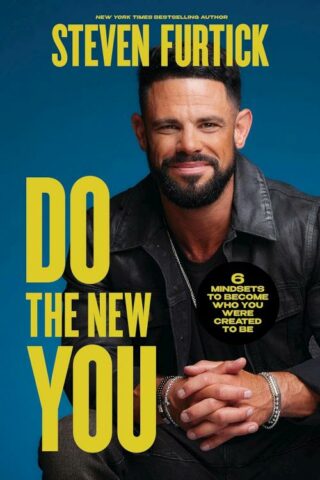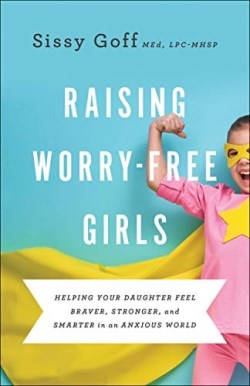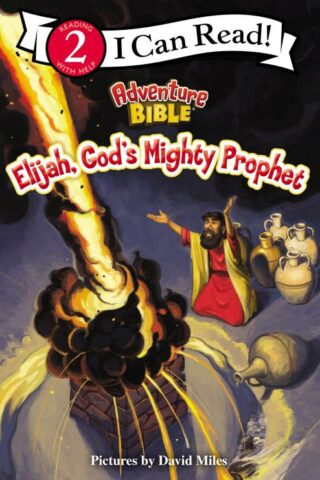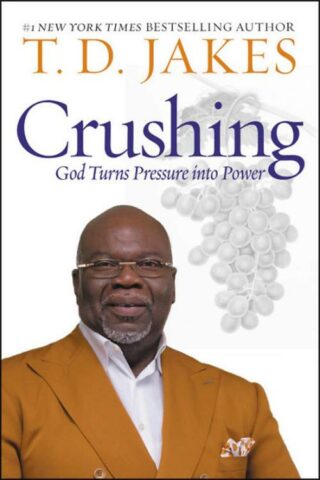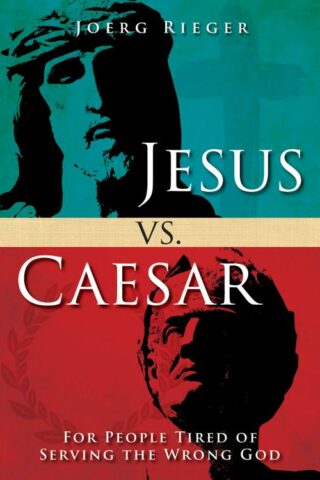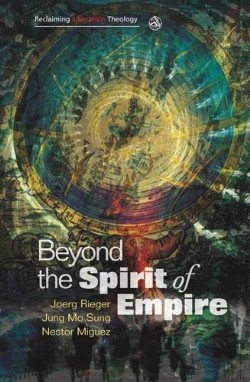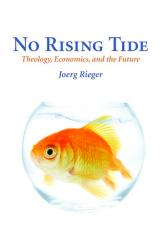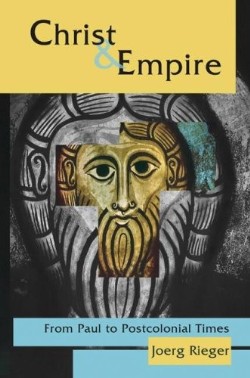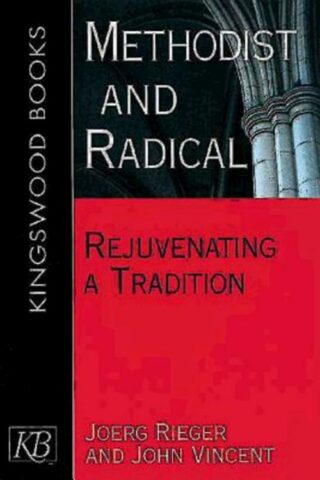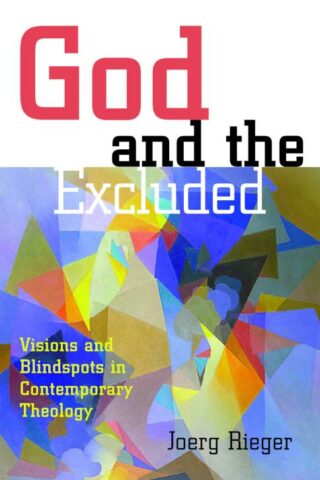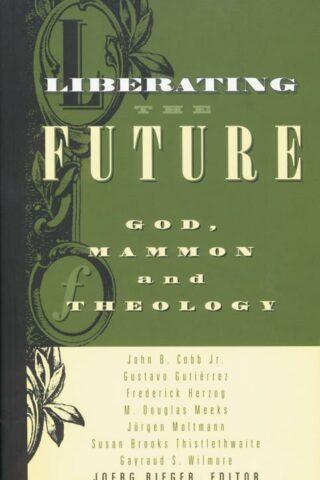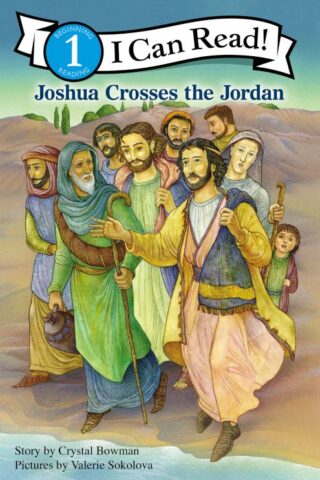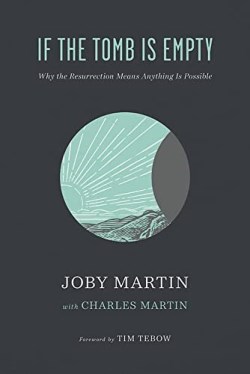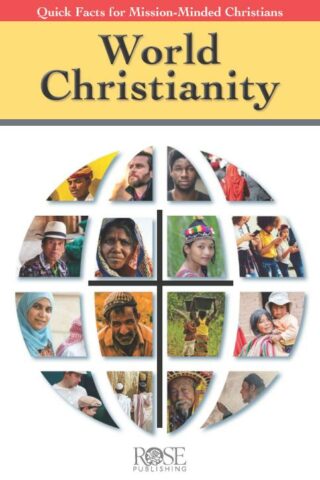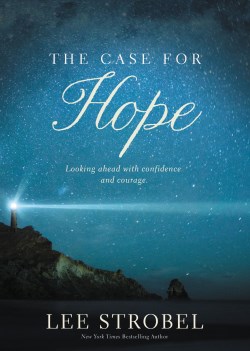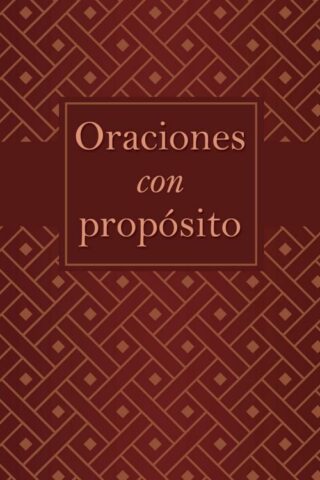Joerg Rieger
Showing all 8 resultsSorted by latest
-
Jesus Vs Caesar
$21.99When we observe a tension between Jesus and Caesar, we acknowledge that a fundamental tension remains at the heart of Christianity. When this tension is poorly understood, Christians face disastrous consequences. The tension is not between religion and atheism or secularism. Nor is it between organized religion and personal spirituality. The tension is located within the heart of Christianity itself because it is a radical conflict between true and false forms of Christian faith. Jesus embodies and exposes this tension in ways that illuminate both how God is with us and what must change for a world that participates in God’s life. This book serves as an indictment of the pieties of empire, whether government, corporate or any other forms of the faith that dominate and exclude. One form of Christian faith (Jesus) versus another form of Christian faith (Caesar). Whom and what will we trust and serve? What did Jesus disclose to the religious, economic, and political worlds of Israel and Rome? This tension between true and false forms of religion is also deeply rooted in the Jewish traditions. The Hebrew prophets were gravely concerned about established forms of Jewish religion that appear to be respectable but result in oppression. The prophet Isaiah hears the voice of God pronouncing judgment: “You serve your own interest on your fast day, and oppress all your workers” (Isaiah 58:3). True religion loosens “the bonds of injustice” (Isa 58:6) while self-serving religion is false religion. This tension between true religion and false religion is a critical opportunity for those who would follow Jesus instead of “Caesar.”
Add to cartin stock within 3-5 days of online purchase
-
Beyond The Spirit Of Empire
$44.99In Beyond the Spirit of Empire, the authors analyze the global empire not only in its political and economic dimensions, but also in its symbolic constructions of power and in its general assumptions often taken for granted. How does empire mould human subjectivity, for instance, and how does it affect the understanding of humans within the whole of creation? What are the religious dimensions of empire, its claims to divine attributes like omniscience, omnipresence, omnipotence, eternity, and what about its alleged exclusiveness and pervasiveness that destroys human life and freedom, which turns politics into a banal matter? The authors propose to look beyond empire to the possibility of politics and freedom, to the recovery of the notion of people, to the importance of ongoing concern for the oppressed and excluded, and to a messianic faith that allows us to live in anticipation, though ambiguously, of the promise of new times to come.
Add to cartin stock within 3-5 days of online purchase
-
No Rising Tide
$43.331. No Rising Tide: Religion, Economics, And Empire
2. The Logic Of Downturn: Class Matters In Religion And Economics
3. God And The Free-Market Economy
4. Consuming Desire Vs. Resisting Desire
5. Rethinking God And The Word
Conclusion: The Turning Of The Tide: Theology, Religion, And EconomicsAdditional Info
Even though economic downturns are still followed by upturns, fewer people benefit from them. As a result, economic crisis is an everyday reality that permanently affects all levels of our lives. The logic of downturn, developed in this book, helps make sense of what is going on, as the economy shapes us more deeply than we had ever realized, not only our finances and our work, but also our relationships, our thinking, and even our hopes and desires. Religion is one arena shaped by economics and thus part of the problem but, as Joerg Rieger shows, it might also hold one of the keys for providing alternatives, since it points to energies for transformation and justice. Rieger’s hopeful perspective unfolds in stark contrast to an economy and a religion that thrive on mounting inequality and differences of class.Add to cartin stock within 3-5 days of online purchase
-
Christ And Empire
$48.33Although we loathe admitting it, Christians have often, through crusade, conquest, and commerce, used the name and power of Christ to promote and justify political, economic, and even military gain.
Rieger’s ambitious and faith-filled project chips away at the colonial legacy of Christology to find the authentic Christ – or rather the many authentic depictions of Christ in history and theology that survive our self-serving domestications. Against the seeming inevitability of globalized unfairness, Rieger holds up a “stumbling block” that confounds even empire.
Add to cartin stock within 3-5 days of online purchase
-
Methodist And Radical
$38.99Contributors from diverse backgrounds in the United States and around the globe reflect on radical and liberation traditions in Methodism in their own context. In conversation with contemporary Methodism and the Wesleyan heritage, each chapter focuses on the question how radical and liberation traditions provide new visions for the present and future of the church. Contributions include: Ted Jennings Jr., John J. Vincent, Joerg Rieger, Josiah Young Jr., Andrew Sung Park, Mercy Amba Oduyoye, Stephen Hatcher, Jose Miguez Bonino, Harold Recinos, Rebecca Chopp, Cedric Mayson, Jong Chun Park, and Jione Havea.
Add to cartin stock within 3-5 days of online purchase
-
God And The Excluded
$35.001. Theology Of Identity: The Turn To The Self
2. Theology Of Difference: The Turn To The Other
3. Theology And Postmodernity: The Turn To Language And The Text
4. Theology And The Excluded: The Turn To Others
5. Interconnections, Blind Spots, And Unconscious Desires
6. Opening The Floodgates: A New ParadigmAdditional Info
Theology is fracturing along tension lines once hidden by the great modern consensus that reigned from Schleiermacher’s day till our own. Now, all of it is in dispute: its starting point, its self-awareness, its claim to truth, its method and interaction with other disciplines and institutions in church, academy, and society.Rieger offers an enlightening way to understand the chief strands or options in theology today and a valuable proposal for resituating theology around the crucial issue of inclusion. He sees four competing vectors at work in today’s Christian theology: Theology of Identity (liberal theology, represented by Schleiermacher and founded in the self), Theology of Difference (dialectical theology, represented by Barth and founded in the Wholly Other), Theology and the Postmodern (postcritical theology, represented by Lindbeck and founded on the text), and Theology and the Underside (liberation theology, represented by Gutierrez and others and founded in the interests of the other person).
Further, Rieger goes on to propose that each of these is in some way exclusionary and elitist; the mass of humanity and the globe’s most pressing problems do not invade this cathedral, and in some ways the market itself has replaced God. Religious thought can remain viable only when it is grounded in an openness that reaches beyond the global market and postmodern squabbles, critiques its own complicity in the situation, and resituates itself in express commitment to those left out of today’s “gated community.”
Add to cartin stock within 3-5 days of online purchase
-
Theology From The Belly Of The Whale
$88.25The late Frederick Herzog, professor of systematic theology at Duke University Divinity School, challenged his peers to expand the boundaries of the field by paying close attention to what was happening in the church and in the world, to do theology “from the belly of the whale.” He never stopped reminding the church and theology to listen to those who had been left out of their influential ranks.
Add to cartin stock within 3-5 days of online purchase
-
Liberating The Future
$30.00In this volume, liberation theologians succinctly map the liberation terrain for the new century. Writing from a variety of standpoints (the African American community, feminist stuggles, and social locations in Europe, North America, and Latin America) these thinkers reflect on the vastly changed context of and challenges to liberation.
Add to cartin stock within 3-5 days of online purchase


